Be it granite, marble, engineered stone or wood, your kitchen benches should be chosen according to your tastes and budget. The decision can be really difficult with the vast amounts of styles and materials flooding the market. Now, even when you have selected the right material, you have to take into account the cleaning and maintenance requirement of the chosen material!
So, here are some useful tips to help you navigate this storm that is choosing your kitchen bench:
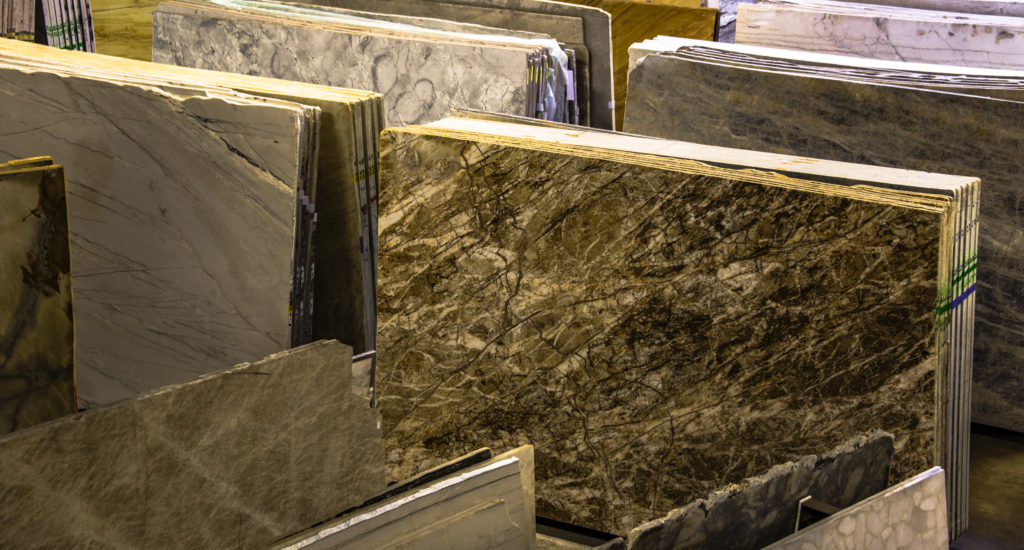
Start with a planning of your budget
The budget will be the first thing to consider because the lower the budget, the narrower your choice of materials, while a bigger one gives you the freedom (and also headache) of choosing whatever material you wish to have in your kitchen.
How often do you use your kitchen?
Do you cook everyday or once a week? And are you a fastidious cleaner? These questions can really be helpful because the way you use your kitchen will be a factor to consider when choosing the material. Note that marble is porous and stains easily, while granite can easily be cleaned and are more durable.
The size of the slab for your benchtop
The size of your kitchen benchtop will obviously depend on the design and size of your kitchen. Ensure you have the right material that matches the style you want. If you want a single piece without joins, then you can opt for oversized slabs. Natural stone bench are durable and require minimal cleaning compared to wood benchtops.
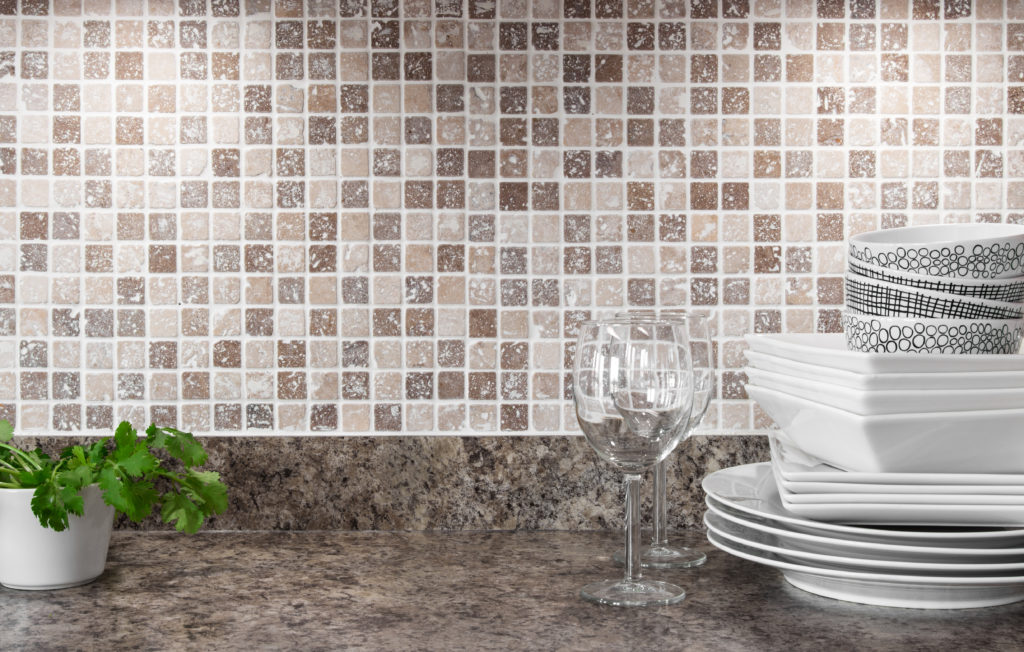
How much you like the look of the material?
The next thing to consider is the aesthetic. How much you like the look of the available materials now that you have narrowed your choices? If beauty is what you need then you’ll plenty of choices. For exmaple, grey tones kitchen benchtops are more and more popular nowadays. Natural stone, such as Carrara and Dolomite marbles, Superwhite natural stone, (which has pale grey veining), or the equivalent look in engineered stone.
Choosing colour and finish
Check with your stone mason about the characteristics of certain natural stones. As a rule of thumb, the lighter the stone, the more porous and susceptible to staining it will be. You should also consider how the benchtop colour will match with floors, walls and joinery. Additionally, materials like engineered stones are more resistant to ultra-violet rays than other materials.
Maintaining your kitchen benchtop
Wiping and cleaning your benchtop surface is a habit you’ll have to adopt if you want your surface to look new longer. Wipe surfaces regularly and ask your kitchen or benchtop manufacturer how they’d recommend keeping it in top condition.
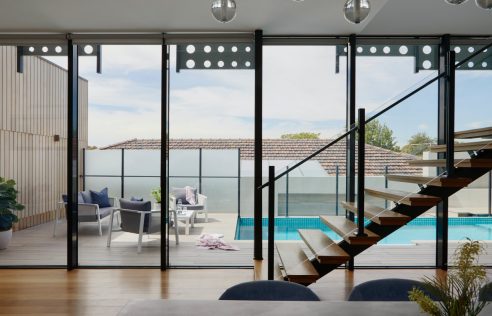
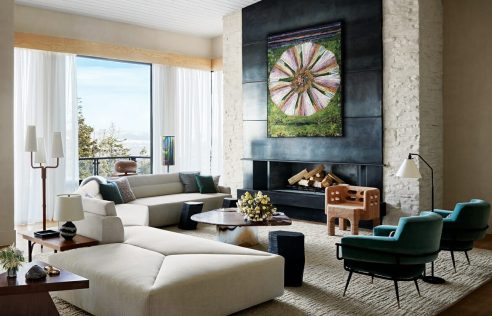
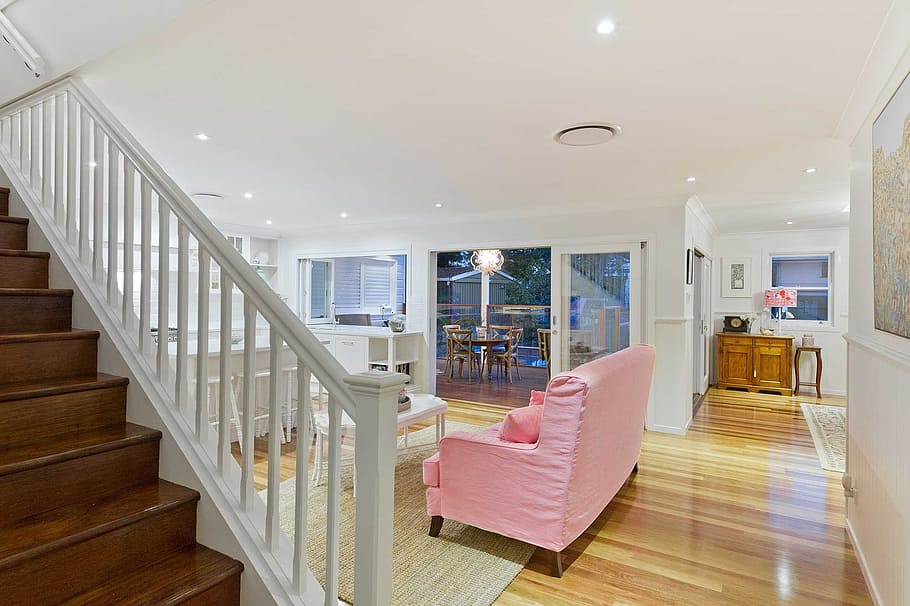
Pingback: Stone Benchtop: The Perfect Addition To Your Kitchen | MyHome